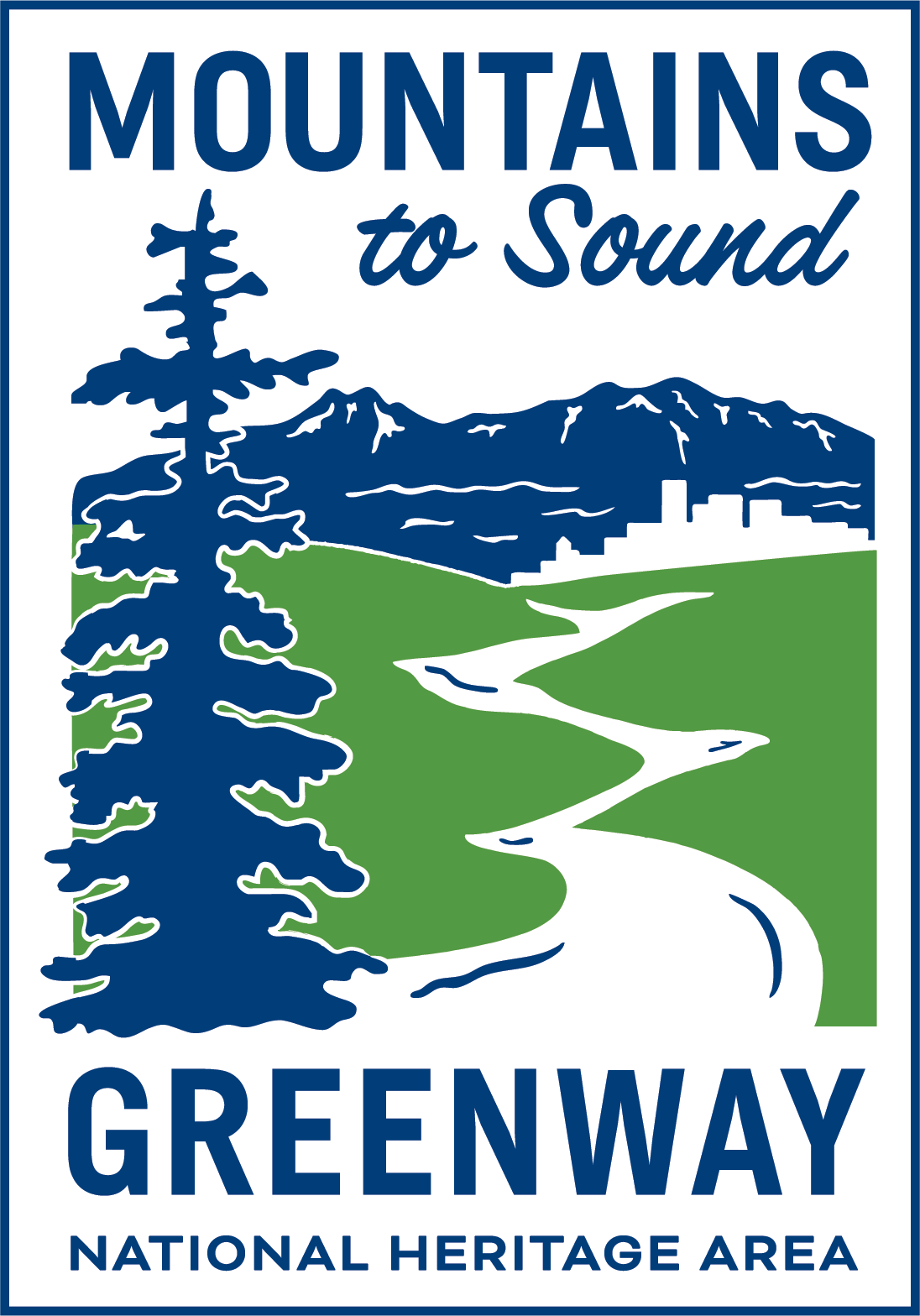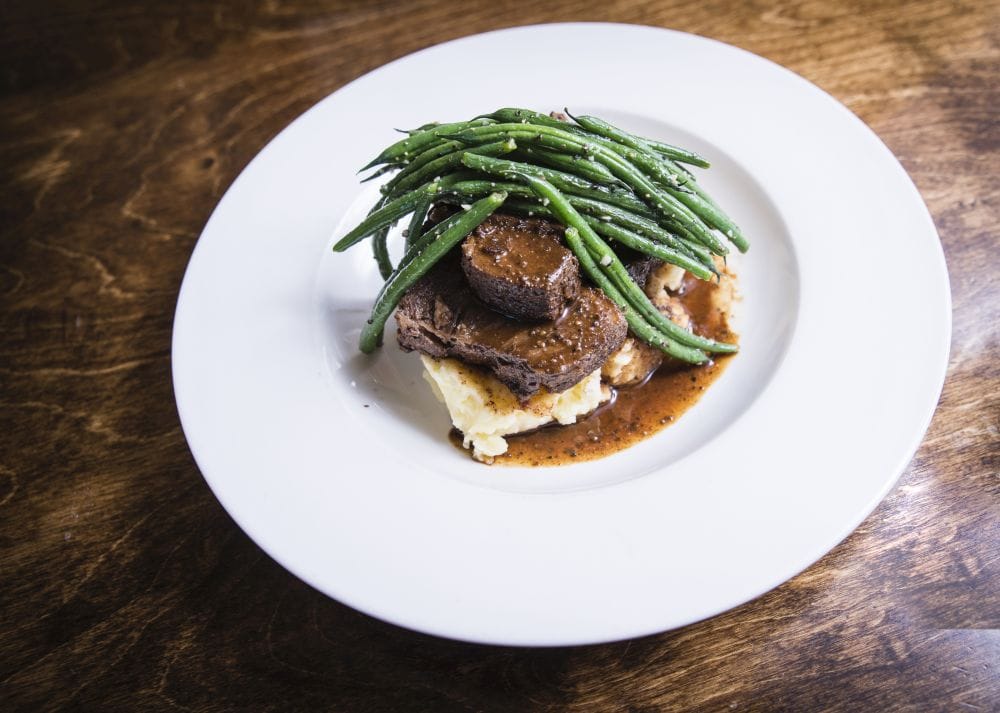Bounty Week: A Celebration of Local Food
In August, fifteen Snoqualmie Valley restaurants teamed up with local farmers for the first annual Bounty Week, a celebration of Valley-grown food. For the week of August 19th to 25th, participating restaurants featured locally grown food on their menus.
Bounty Week was a resounding success. Dave Eiffert, owner of the Snoqualmie Brewery, expressed how using local ingredients made a big difference: “Customers not only raved about [the dishes], but actually walked up to the kitchen window to express their surprise at the quality of food coming out of our little kitchen.” Building upon this success, merchants in historic downtown Snoqualmie launched a new event, Wanderfall, in September to highlight fall produce.
Bounty Week is a collaborative project coordinated by the Snoqualmie Valley Farmers Cooperative and the Mountains to Sound Greenway Trust. It is one of the many projects inspired by the ‘A River Runs Through It’ community visioning series and is supported by a coalition of local cities, chambers of commerce, businesses, and individuals working to promote the local food and restaurants of the Snoqualmie Valley to residents and visitors alike.
The 2017 Bounty Week will be scheduled next August. Stay tuned for more details.
A Long History of Local Food
The Snoqualmie Valley has a rich history of providing food to its inhabitants. Since time immemorial, the Snoqualmie People gathered camas, lilies, bracken fern, wild carrot, and a succession of berries on the open prairie valley floor. Settlers grew hops and eventually established “the world’s largest hop farm” in the Snoqualmie Valley. In the 20th century, farmers took advantage of the lush river bottom to establish dairy farms and, by 1940, twenty three dairy farms were situated between Duvall and Carnation alone. In the late 1970s and 80s, many Hmong families established farms in the Valley, bringing their traditional practice of “row cropping” vegetables and flowers.
Today, the tradition of farming in the valley continues, with nearly one hundred small family farms producing meat, dairy, eggs, vegetables, fruit, flowers, honey, and fiber for the Puget Sound region.





